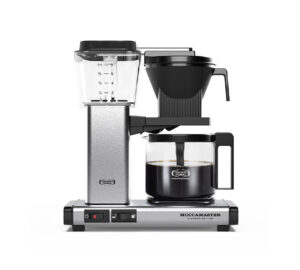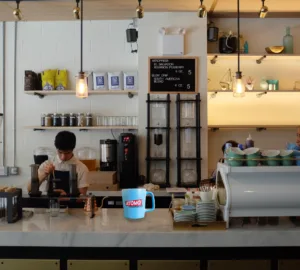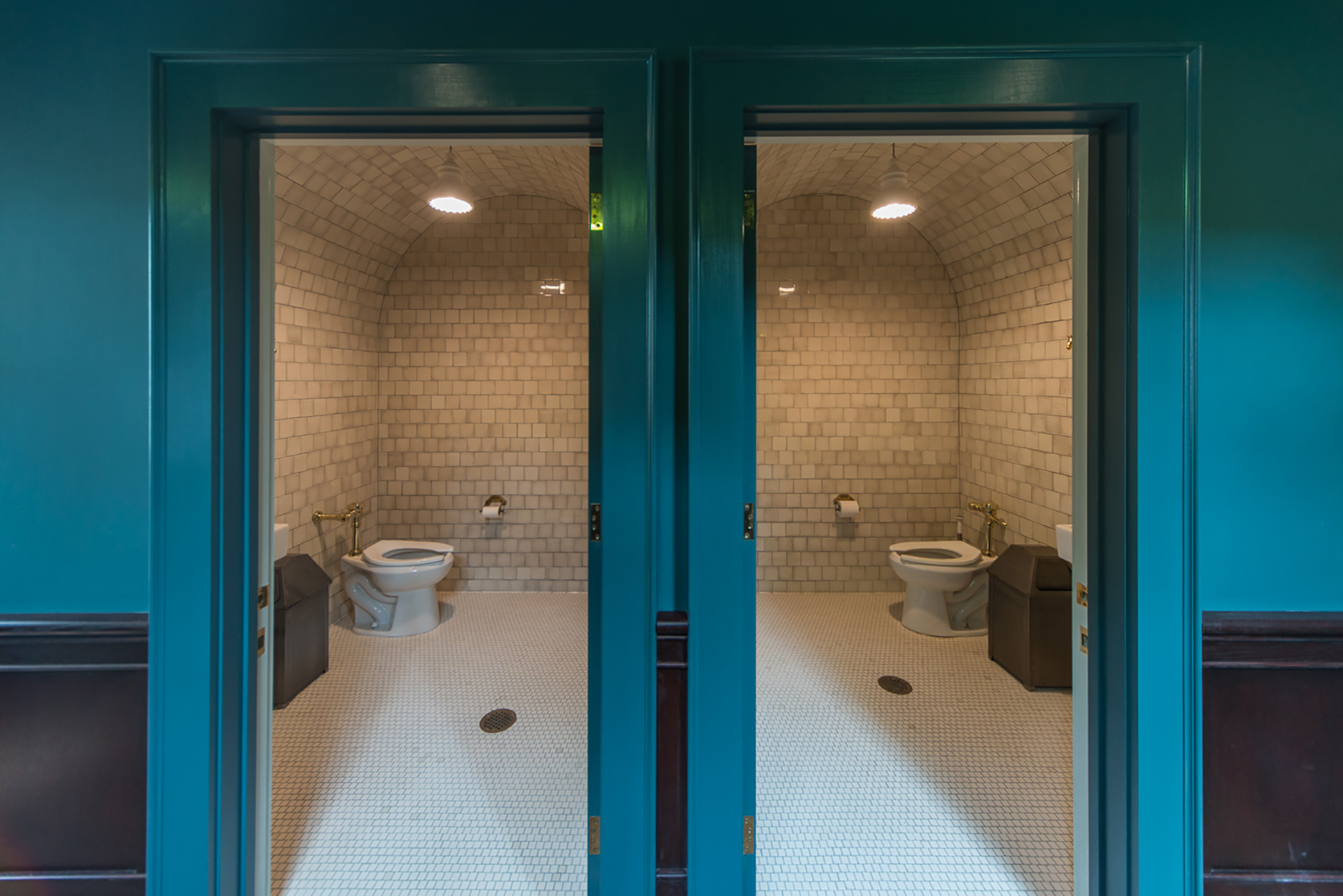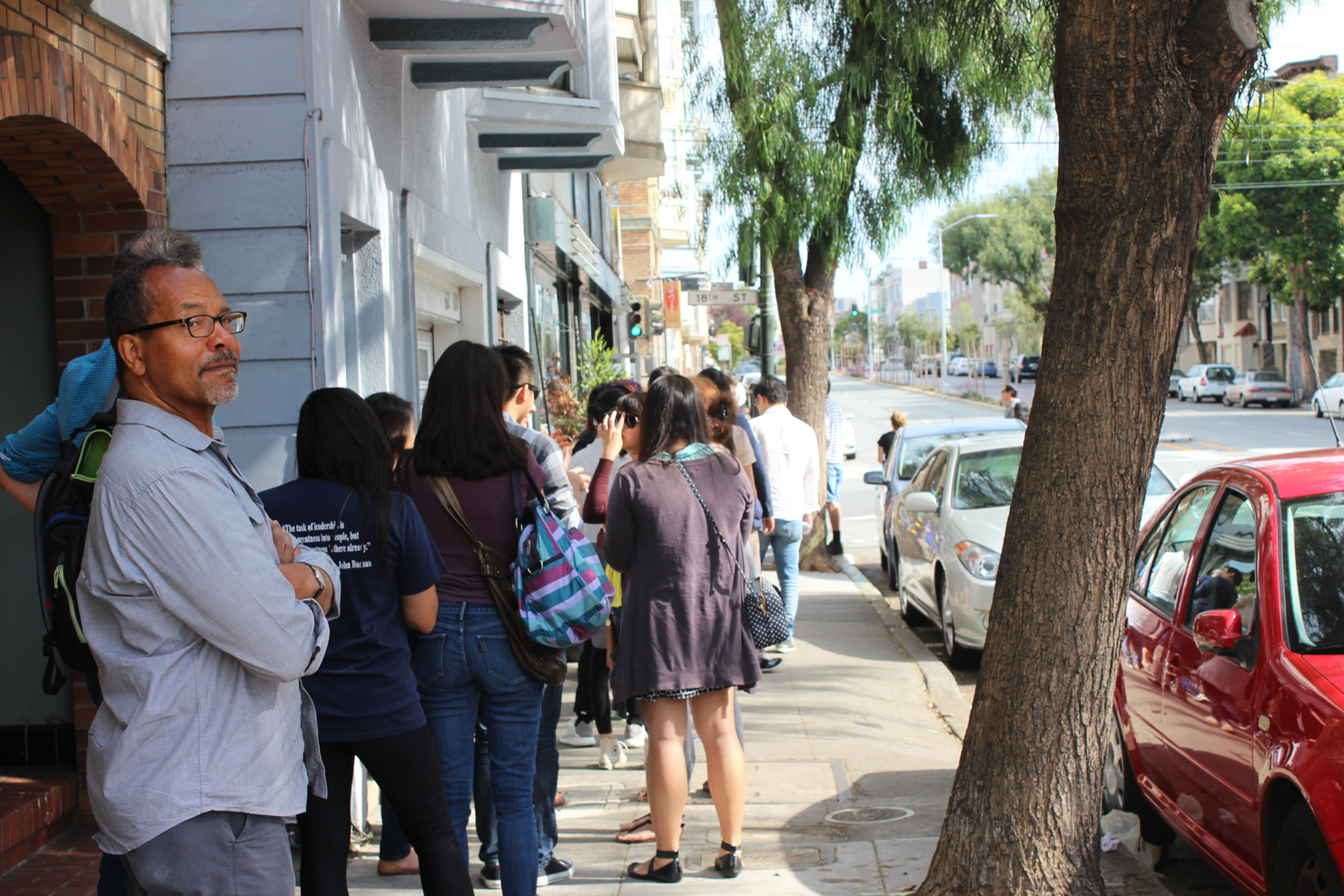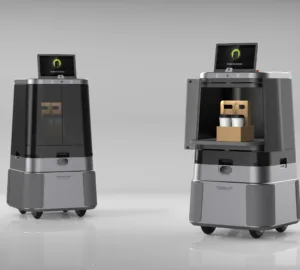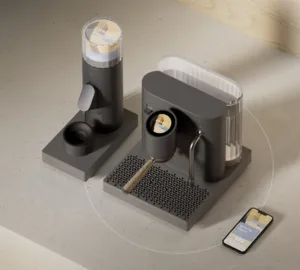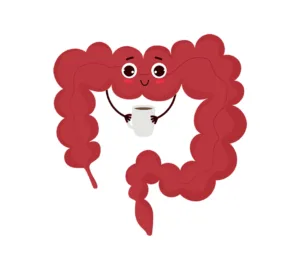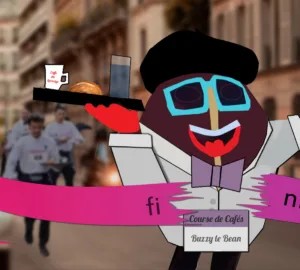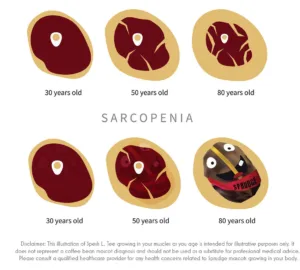As one of the most consumed beverages on the planet, coffee has also become one of the most researched. Scientists have left no stone—or seed as it were—unturned in seeking out the truth of coffee’s healthfulness. And with all those many, many pages of research-filling journals of various repute, one can’t help but wonder: has it all already been researched? Have these great scientific Alexanders been left to weep, with no news of caffeinated worlds to conquer?
I have no idea, but in today’s Water Is Wet news: a new study finds that drinking coffee makes people move more and sleep less.
Hard to believe, I know, but follow me on this one. As reported by CNN, the study was published recently in the New England Journal of Medicine and is the work of researchers from the University of California, San Francisco, led by the cardiologist and professor Dr. Gregory Marcus. And while these findings are very much of the “yeah, no duh” variety for anyone who has consumed coffee at least once in their life, the new study is novel in that it goes to establish causality in the relationship between coffee and the two outcomes, whereas most studies are purely observational.
For the research, Dr. Marcus et al took a group of 100 healthy adults in San Francisco with an average age of 39 and equipped them with FitBits to track their total daily steps and sleep. Over the course of two weeks, participants were asked to drink coffee for two days and then abstain for the next two, with the pattern repeating until the completion of the 14-day trial. During coffee-drinking days, participants were allowed to consume as much coffee as they pleased.
When analyzing the data, the researchers found that, on days when coffee was consumed, participants took on average 1,058 more steps than they did on teetotaling days. They also found that participants got less sleep on the days they drank coffee, by an average of 36 minutes per night. Per CNN, the relation of coffee consumption to movement and sleep loss was by a large linear: the more coffee participants drank, the more they moved and the less they slept. They also found that participants with the genetic variant associated with a slower metabolism of caffeine lost more sleep on coffee-drinking days than those who don’t have that particular variant.
So to recap: coffee will help you be more active, but it may also make it more difficult for you to get some sleep. Science has gone to great lengths to prove it to be so, and for that, we say… thanks?
Zac Cadwalader is the managing editor at Sprudge Media Network and a staff writer based in Dallas. Read more Zac Cadwalader on Sprudge.
















